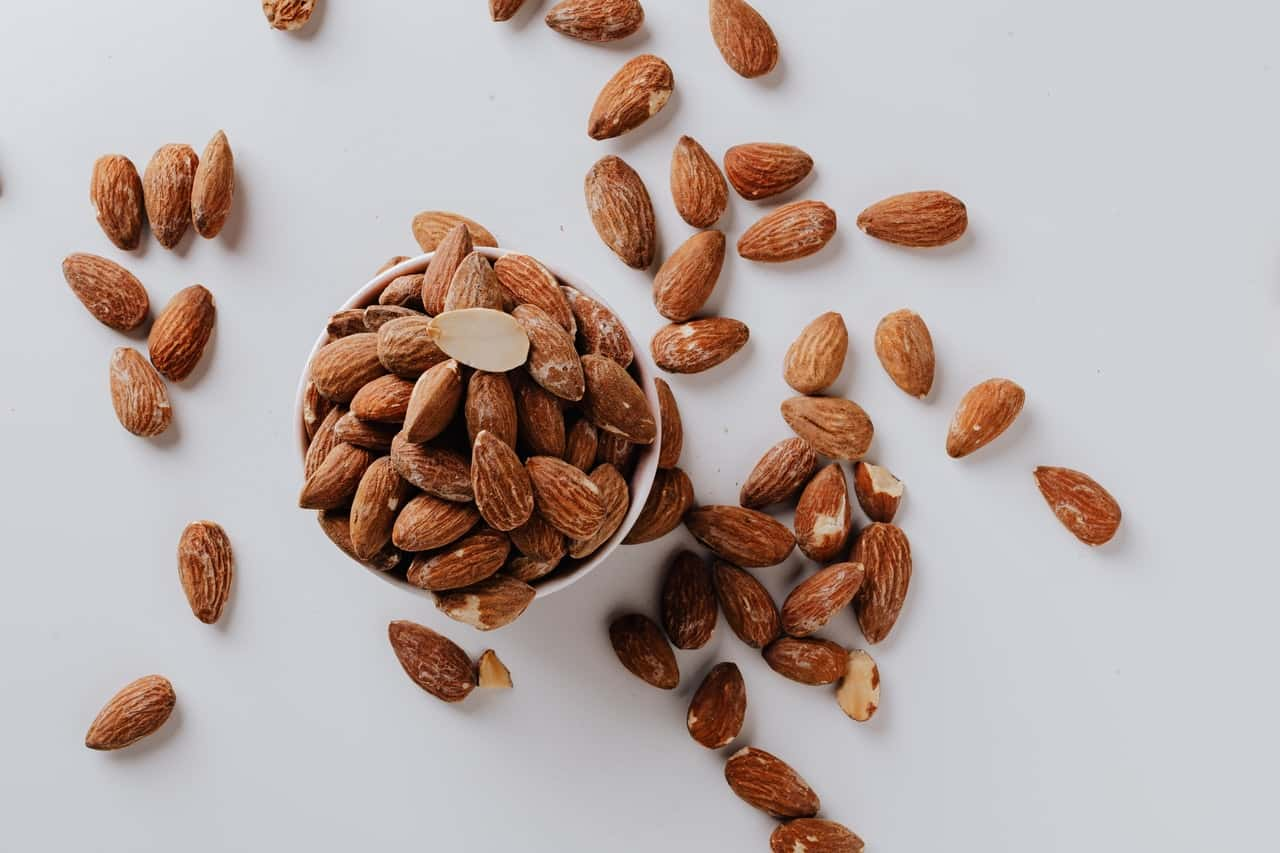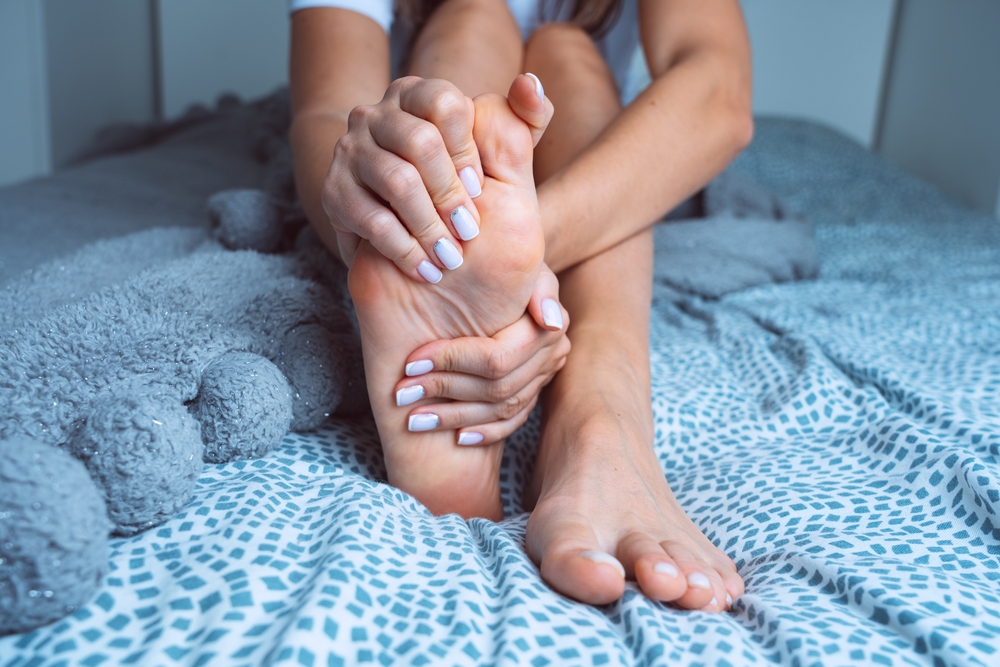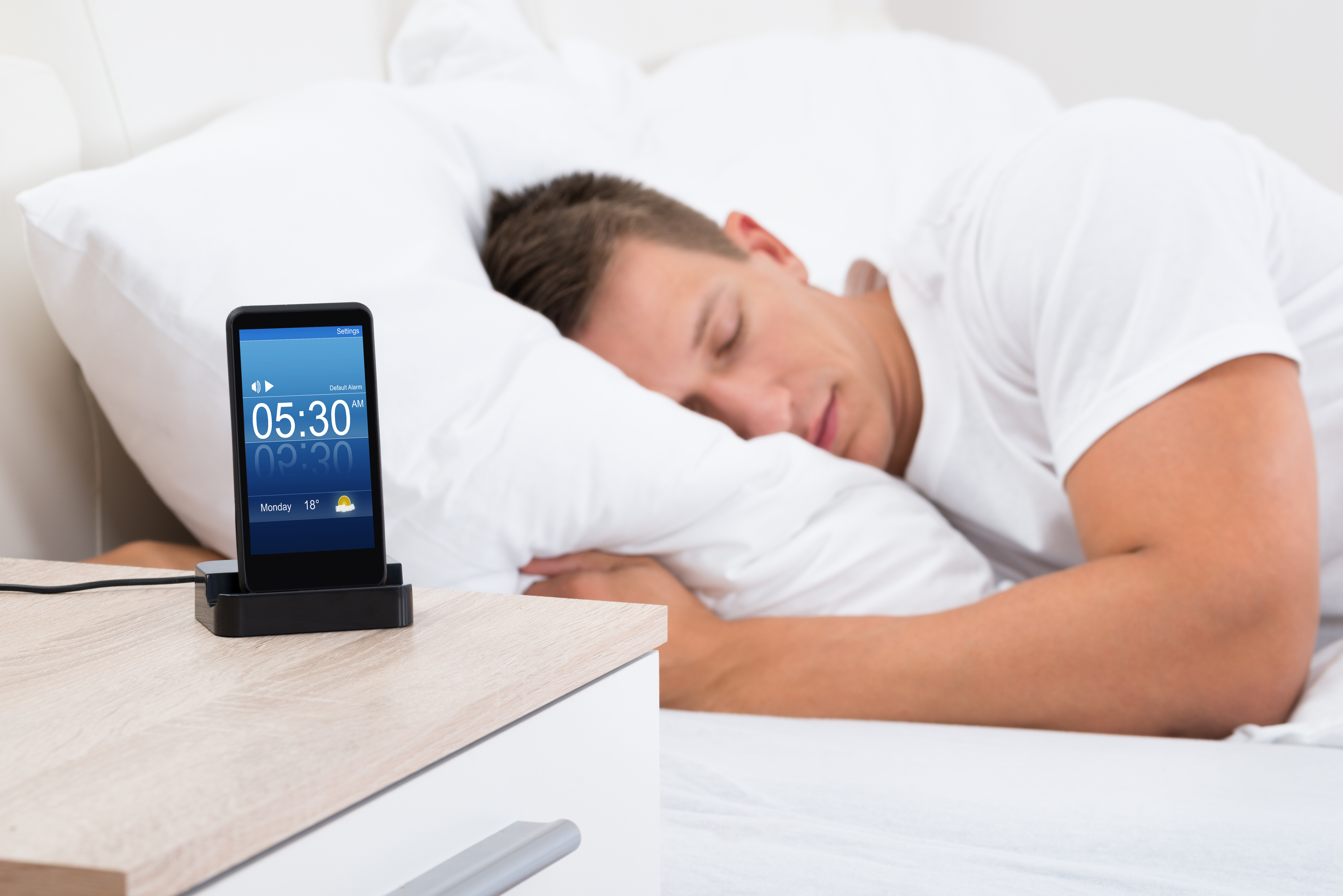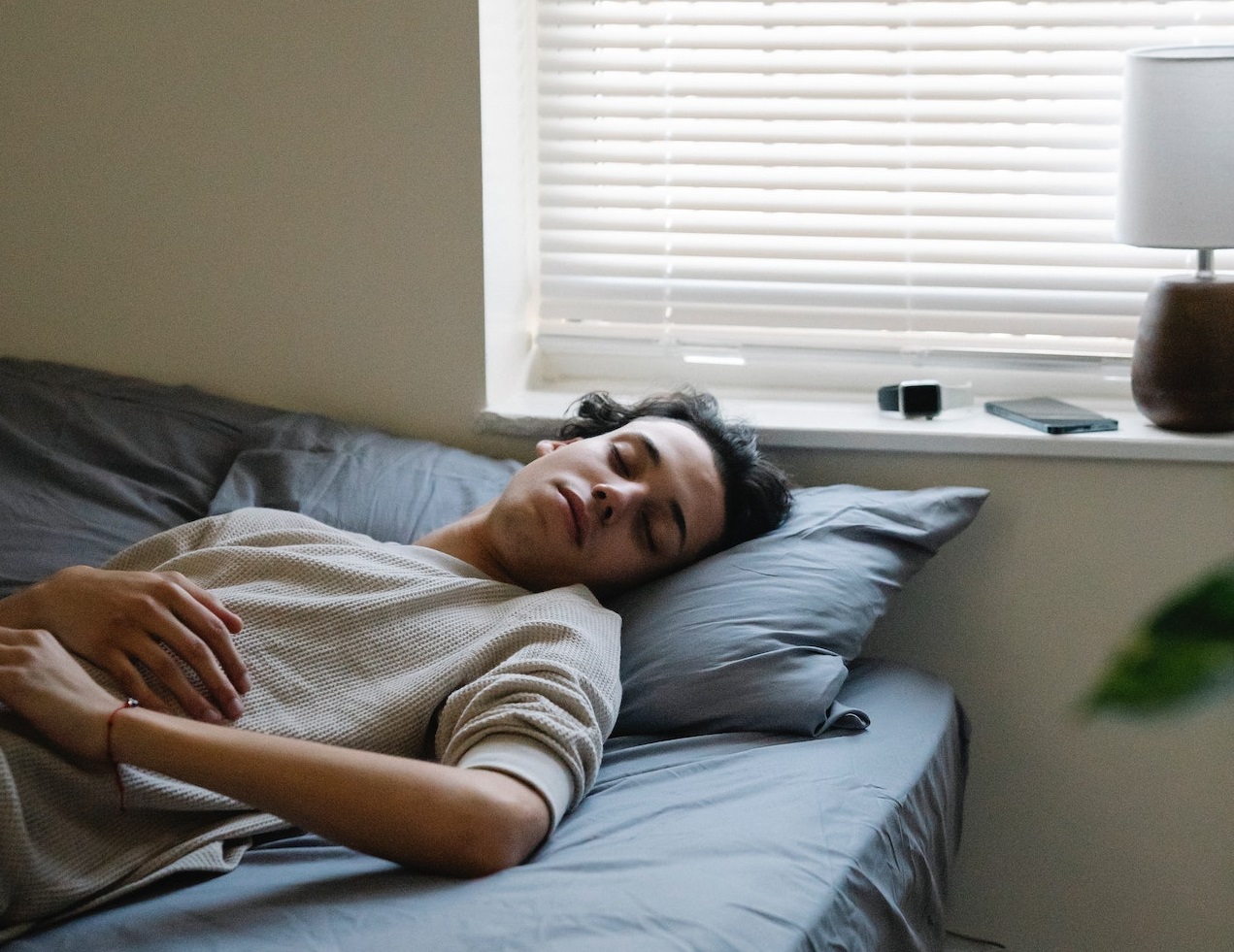Beating Insomnia Naturally
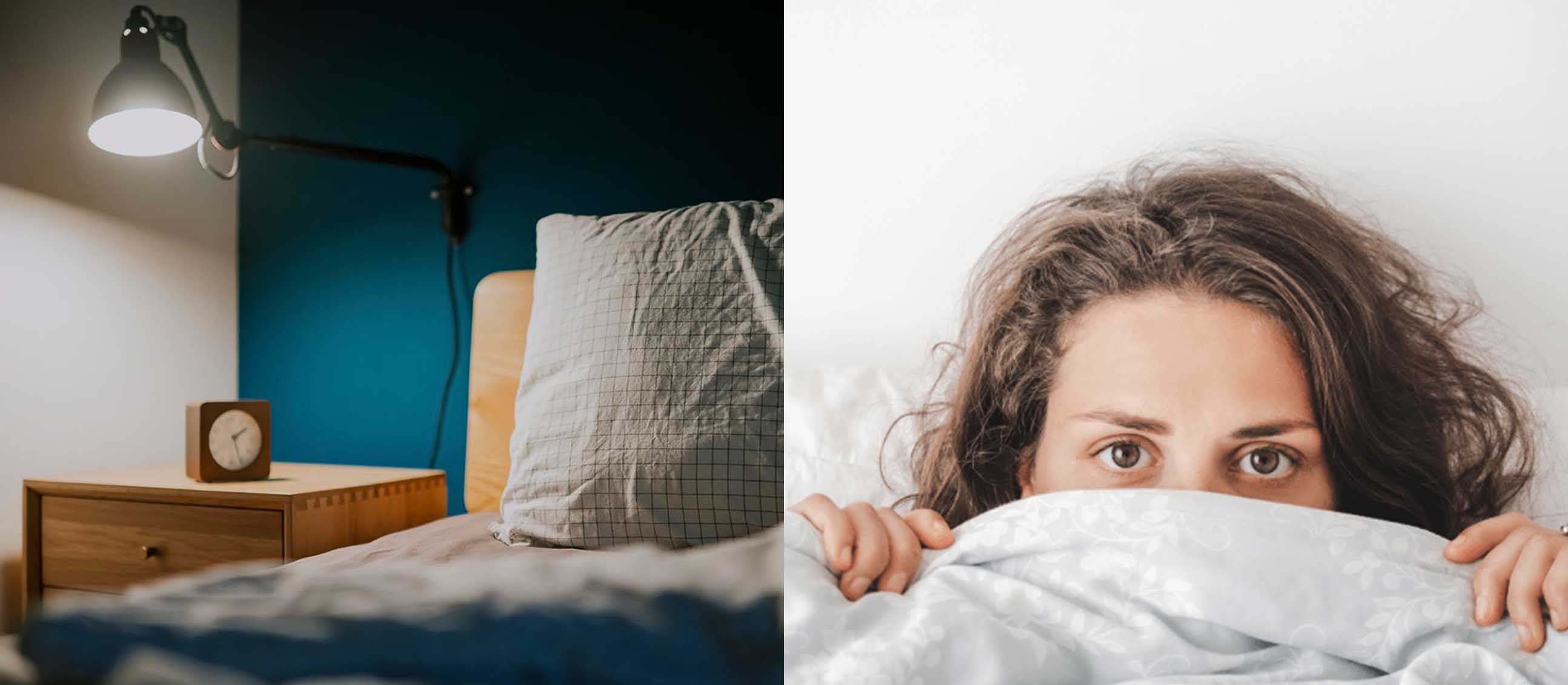
Are sleepless nights becoming an all-too-familiar companion? Insomnia can be a relentless foe, but there are natural strategies you can employ to regain control of your sleep patterns and enjoy restorative slumber.
In this guide, we'll explore a variety of unconventional yet effective techniques to help you beat insomnia and rediscover the joy of a good night's sleep.
Tossing and turning, staring at the ceiling in the middle of the night, wrestling with insomnia can be an exhausting battle. But fear not, for there's a host of unconventional yet highly effective strategies to help you regain control of your sleep patterns and embrace the bliss of a good night's sleep.
Why is Sleep Important?
 Little Pig Studio, Shutterstock
Little Pig Studio, Shutterstock
Sleep is often referred to as the body's natural healer, and for good reason. It's during those restful hours that our bodies engage in vital processes necessary for our physical and mental well-being.
While we slumber, our brains consolidate memories, repair tissues, and produce essential hormones. Deep restorative sleep supports a healthy immune system, enhances mood, and aids in maintaining a healthy weight.
Furthermore, it bolsters cognitive functions like decision-making and problem-solving. Chronic sleep deprivation, on the other hand, can lead to a range of health issues, including increased stress levels, weakened immunity, and a higher risk of chronic conditions such as heart disease and diabetes.
Therefore, prioritizing sleep isn't just about feeling refreshed in the morning; it's an investment in your long-term health and overall quality of life.
How Much Sleep Do We Need?
The amount of sleep a person needs varies throughout different stages of life. Newborns and infants require the most sleep, typically between 14 to 17 hours a day, gradually decreasing as they grow.
Toddlers and preschoolers need about 11 to 14 hours, while school-aged children and adolescents benefit from 9 to 11 hours of sleep for optimal physical and cognitive development.
In adulthood, the recommended range is 7 to 9 hours, although individual sleep needs can vary. As we age into our senior years, it's common to experience slightly shorter sleep durations, with 7 to 8 hours often being sufficient for most older adults.
It's important to note that while these are general guidelines, individual sleep requirements can vary based on genetics, lifestyle, and overall health. The key is to listen to your body, prioritize quality sleep, and adjust your sleep patterns as needed to ensure you're well-rested and functioning at your best.
Next, we offer 10 unconventional yet highly effective strategies to beat insomnia naturally, offering you a fresh perspective on regaining control of your sleep and ensuring restorative nights.
1. Embrace the Power of Aromatherapy
Aromatherapy can work wonders for your sleep. Essential oils like lavender, chamomile, and cedarwood have soothing properties that promote relaxation.
Try placing a few drops on a cotton ball near your pillow or using a diffuser in your bedroom. These scents can create a tranquil atmosphere conducive to sleep.
2. Mindful Eating for Bedtime
What you eat before bedtime can affect your sleep quality. Opt for a light snack rich in sleep-promoting nutrients like magnesium and tryptophan.
Think bananas, almonds, or a small bowl of whole-grain cereal with milk. Avoid heavy, spicy, or caffeine-laden foods close to bedtime.
3. The Power of Progressive Muscle Relaxation (PMR)
PMR is a relaxation technique that involves tensing and then releasing different muscle groups. This can help reduce physical tension and anxiety, making it easier to fall asleep.
Start from your toes and work your way up to your head, focusing on each muscle group for a few seconds before releasing.
4. The 4-7-8 Breathing Technique
This simple breathing exercise can lull you into a peaceful slumber. Inhale quietly through your nose for a count of 4, hold your breath for a count of 7, and then exhale slowly through your mouth for a count of 8.
Repeat this cycle several times, and you'll find your mind calming and your body relaxing.
5. The Surprising Benefits of Cold Feet
While it might sound counterintuitive, some people find that having slightly cold feet can help them fall asleep faster. Cooling your feet causes blood vessels to constrict, which can signal to your brain that it's time for sleep.
Try letting your feet peek out from under the blankets or use a fan to keep them cool.
6. The Power of a Pre-Bedtime Warm Bath
A warm bath about an hour before bedtime can help you fall asleep faster. When you soak in warm water, your body temperature rises.
As you cool down afterward, it mimics the natural drop in body temperature that occurs when you're falling asleep.
Sign Up For Our Newsletter
Stories that matter — delivered straight to your inbox.
7. The 'No Clock Watching' Rule
Constantly checking the time when you can't sleep can create anxiety and make insomnia worse. Turn your clock away from your line of sight or avoid looking at your phone's clock.
Instead, focus on relaxation techniques to calm your mind.
8. Embrace the Dark Side
Ensure your sleep environment is as dark as possible. Even small sources of light, like LED displays on electronics, can disrupt sleep.
Invest in blackout curtains or use an eye mask to create a pitch-black sleeping sanctuary.
9. Keep a 'Worry Journal'
If racing thoughts are keeping you awake, jot them down in a worry journal before bed. This simple act can help you release troubling thoughts and prevent them from dominating your mind when you're trying to sleep.
10. Acupressure for Insomnia Relief
Acupressure involves applying pressure to specific points on the body.
For insomnia, try massaging the 'Spirit Gate' point, located on the inside of your wrist, about three finger-widths up from the crease where your hand meets your wrist. Applying gentle pressure to this point can induce relaxation.
Final Thoughts
According to the American Sleep Association, approximately 30% of adults in the United States experience symptoms of insomnia, with about 10% suffering from chronic insomnia. These numbers highlight the importance of exploring natural remedies to improve sleep quality and quantity.
By incorporating these unconventional yet effective strategies into your bedtime routine, you can combat insomnia naturally and embark on a journey to better sleep and improved well-being.
Remember, everyone's sleep needs are unique, so be patient and persistent as you find the techniques that work best for you. Here's to sweet dreams and restful nights ahead!




